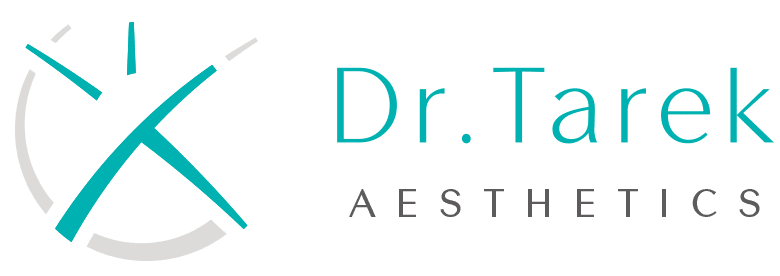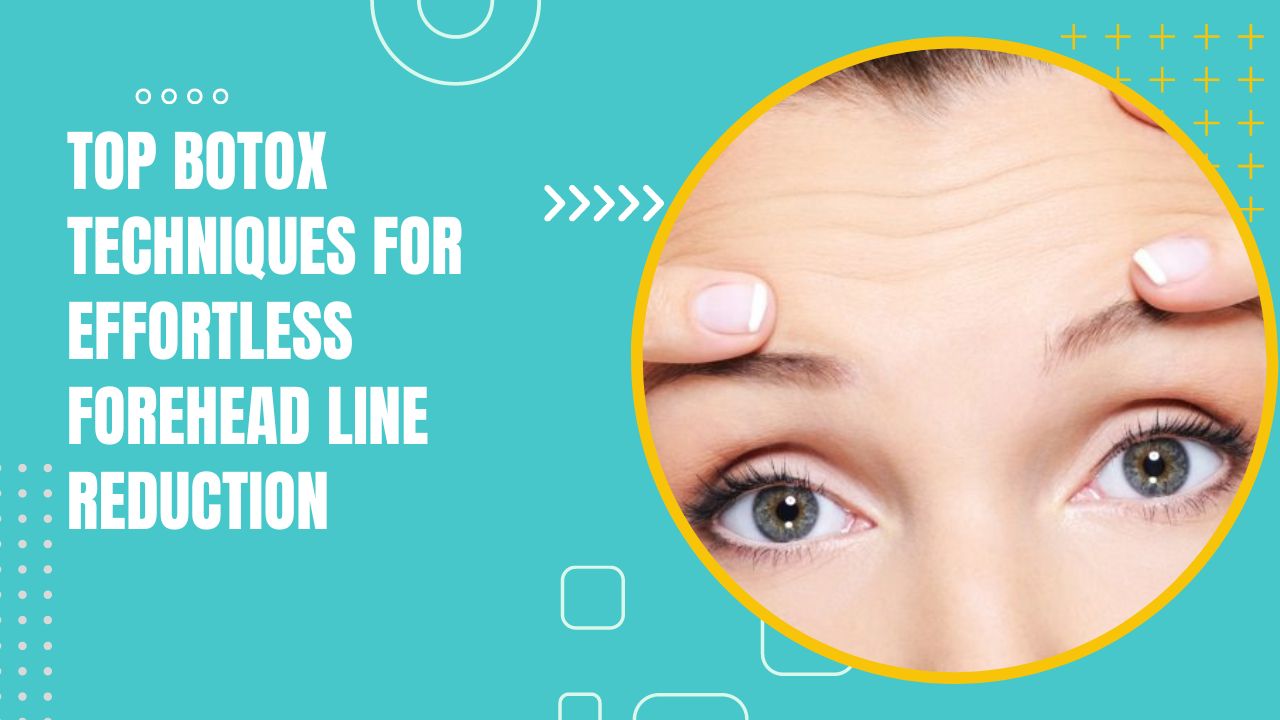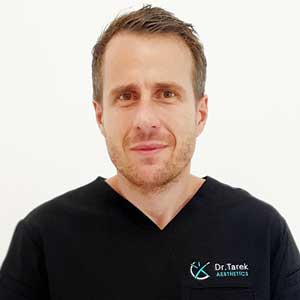We all want to maintain a youthful appearance, but fine lines and wrinkles can be stubborn foes. One popular solution is Botox, a minimally invasive treatment that temporarily reduces the appearance of forehead lines.
In this article, we’ll explore the best Botox ingestion in Dubai for effortless forehead line reduction, ensuring you decide which Botox Techniques for forehead line is best.
Understanding the forehead anatomy
To effectively target forehead lines, it’s crucial to grasp the underlying anatomy and the muscles responsible for facial expressions.
Muscles involved
The forehead muscles are crucial to understanding the effects of Botox. The frontalis and corrugator muscles are primarily responsible for forehead movement, allowing us to lift and furrow our eyebrows.
Book A Consultation With Dr Tarek Bayazid
Top-rated Plastic Surgeon For Botox in Dubai
Installment Plan Available
Forehead lines and wrinkles
Repeated facial expressions cause the skin to crease, forming forehead lines and wrinkles over time. Botox can target these muscles, temporarily reducing their activity and making the skin smoother.
How Botox Works
The name “Botox” refers to a pure protein called botulinum toxin sourced from the Clostridium botulinum. When injected into specific muscles, Botox blocks the nerve signals responsible for muscle contractions, causing temporary paralysis.
As a result, the top layer of the skin becomes softer, and the appearance of wrinkles and fine lines is diminished.
Benefits of Botox:
- Minimally invasive procedure
- Quick treatment with little to no downtime
- Temporarily reduces the appearance of fine lines and wrinkles
- Can be used to treat various areas of the face
- Results typically last for 3-6 months
- Can be combined with other treatments for a comprehensive rejuvenation
Risks of Botox:
- Pain, swelling, and bruising at the injection site
- Headache or flu-like symptoms
- Temporary eyelid drooping or uneven results
- Rare complications such as infection or scarring
- Allergic reactions to ingredients in the Botox formula
- Not suitable for pregnant or breastfeeding women, individuals with neuromuscular disorders, or those with allergies to Botox ingredients
Top Botox Techniques for forehead line reduction
Choosing the correct Botox technique is vital to achieving a natural-looking result while effectively reducing forehead lines and wrinkles.
Micro-Botox
Micro-Botox involves injecting small amounts of Botox into multiple points across the forehead, resulting in a more natural-looking result. This technique is perfect for those who want to maintain some degree of forehead movement while reducing the lines’ appearance.
Botox brow lifts
A Botox brow lift targets the muscles responsible for pulling the eyebrows downward. By relaxing these muscles, the eyebrows are lifted, resulting in a more youthful and refreshed appearance. This technique suits those with sagging brows or a heavy upper eyelid.
Personalised Botox injections
A skilled practitioner can tailor Botox injections to suit individual needs and preferences. By strategically placing the injections in specific muscles, the practitioner can achieve the desired level of line reduction while maintaining a natural-looking result. This bespoke approach ensures the best possible outcome for each patient.
Pre-treatment considerations for Botox:
- Choose a qualified and experienced practitioner to ensure the best outcome
- Schedule a consultation to discuss your goals, expectations, and concerns
- Be transparent about your medical history, including medications, allergies, and previous treatments
- Follow your practitioner’s advice on avoiding blood-thinning medications, supplements, and alcohol before the treatment
- Maintain a healthy skincare routine to keep your skin in optimal condition
- Consider scheduling the treatment during a less busy time, as you may need to avoid strenuous activities for a short period post-treatment
Post-treatment considerations for Botox:
- Avoid touching, rubbing, or applying pressure to the treated area for a few hours after the treatment to prevent migration of Botox
- Stay upright for at least 4 hours post-treatment to minimise the risk of complications
- Refrain from strenuous activities, exercise, and heat exposure for 24-48 hours after the treatment
- Follow your practitioner’s advice on skincare products and makeup application after the treatment
- Be patient, as it may take up to 1-2 weeks for the full effect of Botox to be visible
- Schedule follow-up treatments every 3-6 months, as advised by your practitioner, to maintain the desired results
- Report any unusual side effects or concerns to your practitioner promptly
Alternative treatments for forehead line reduction
Exploring alternative treatments for forehead line reduction can help you make an informed decision and choose the most suitable option for your unique needs.
Dermal fillers
These are injectable gels that can fill in lines and wrinkles, adding volume and smoothing the skin. Depending on your situation and desired outcomes, they can either replace Botox or work in tandem with it.
Laser treatments
Laser treatments, such as fractional CO2 lasers, can stimulate collagen production and help improve the skin’s texture and tone. These treatments can reduce the appearance of lines and wrinkles, though they may require multiple sessions and involve more downtime than Botox.
Chemical peels
Chemical peels involve the application of a chemical solution to the skin, causing the outer layers to peel away and reveal smoother, younger-looking skin beneath. While they can effectively minimise the appearance of fine lines and wrinkles, they may only be appropriate for some.
Cost of Botox forehead line reduction
Botox therapy for reducing forehead lines can range in price based on several factors, including the experience and training of the injecting physician, the total volume of Botox required to achieve the desired effect, and the geographic location of the patient. Discussing the cost during your consultation and ensuring you understand the total expense before proceeding is essential.
Conclusion
Botox is a popular and effective treatment for forehead line reduction, with various techniques available to suit individual needs. Consult with an experienced practitioner and carefully consider the best approach for you.
You can achieve a smoother, more youthful-looking forehead. Remember to follow pre- and post-treatment guidelines and be prepared for regular follow-up treatments to maintain your desired results.
Ready to take the next step towards a more youthful appearance? Request a quote from Dr Tarek Bayazid here and start your journey towards a smoother, more radiant forehead today!











Related Posts